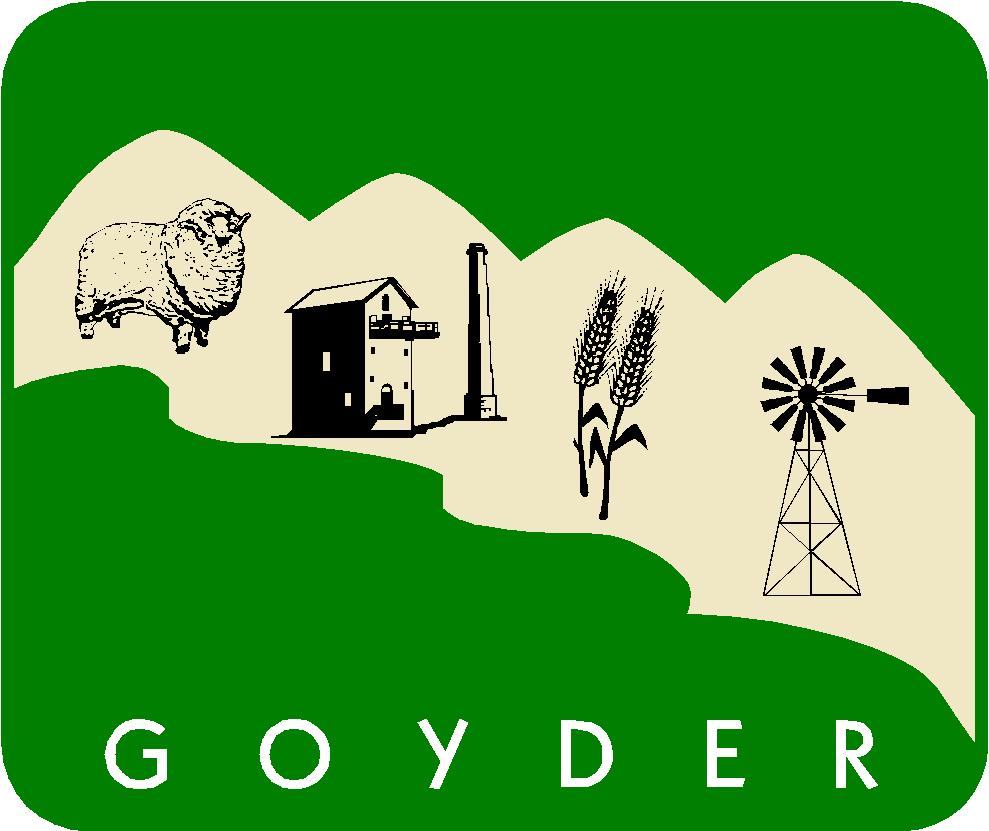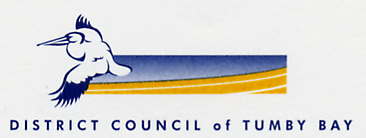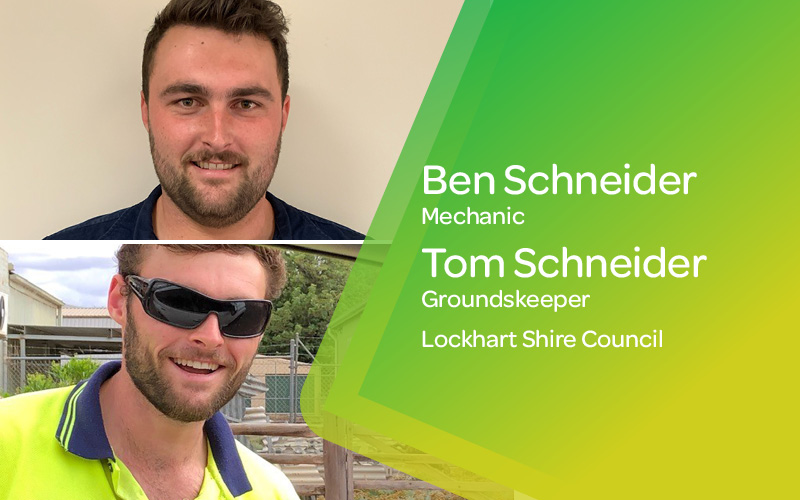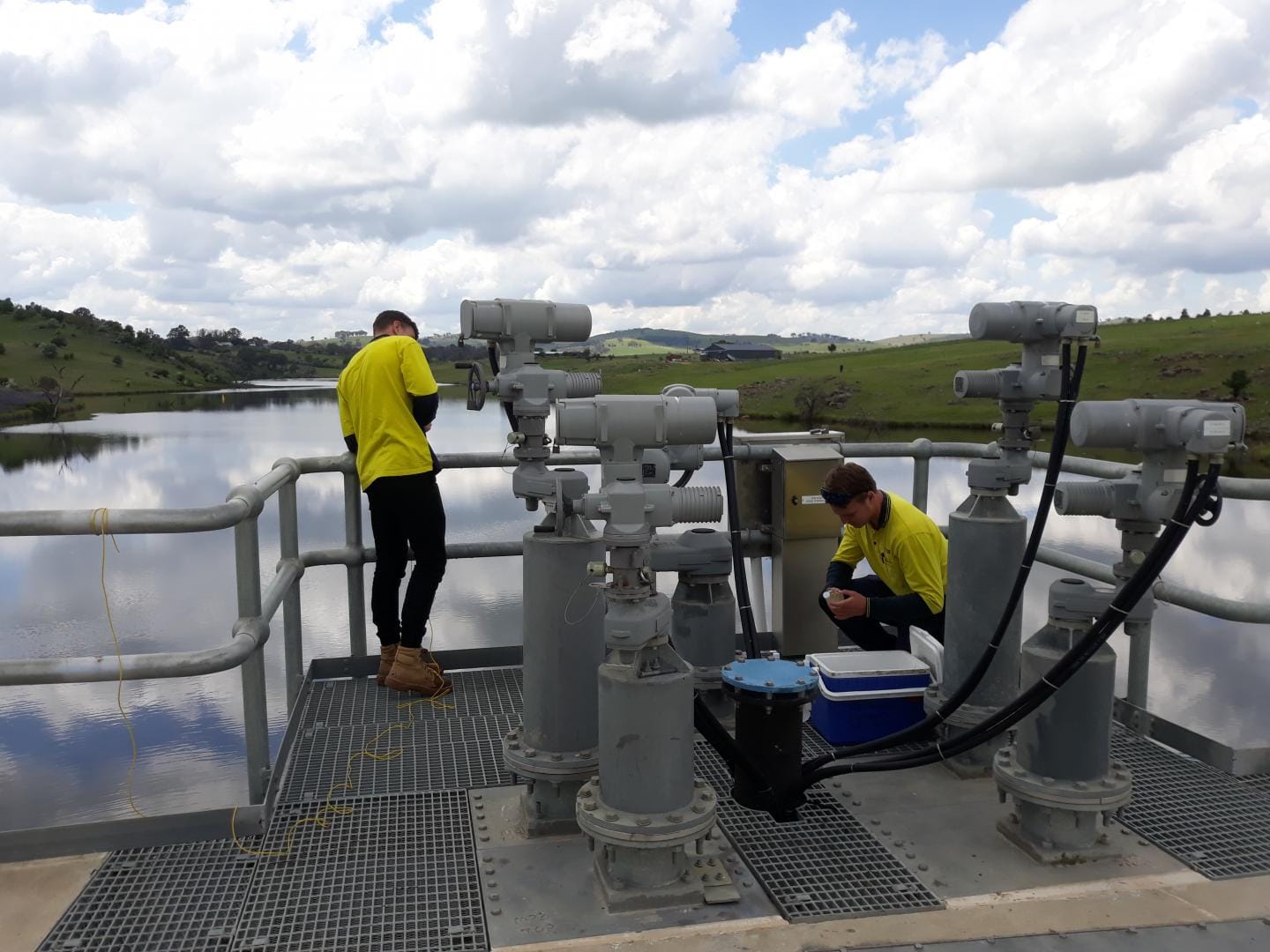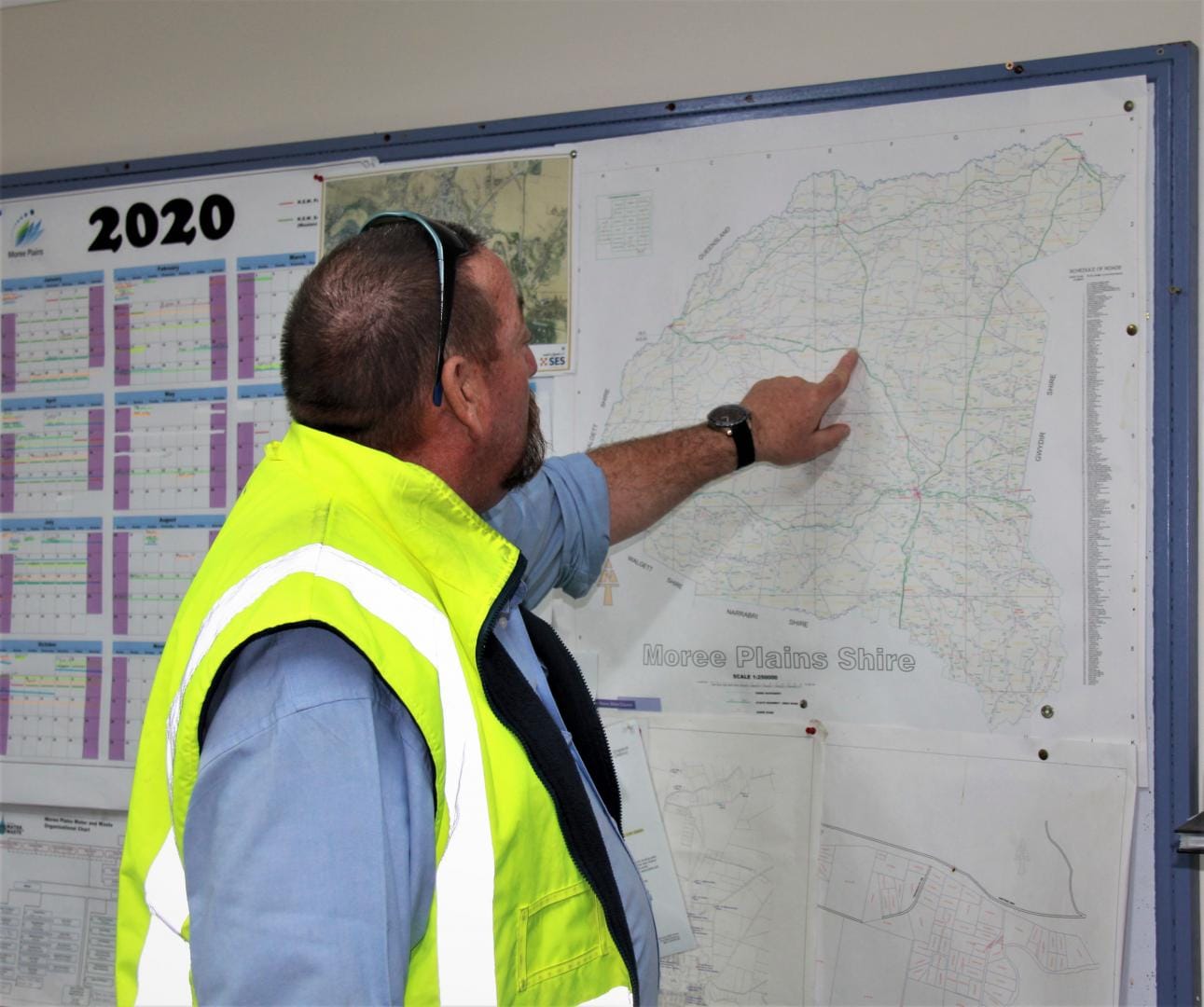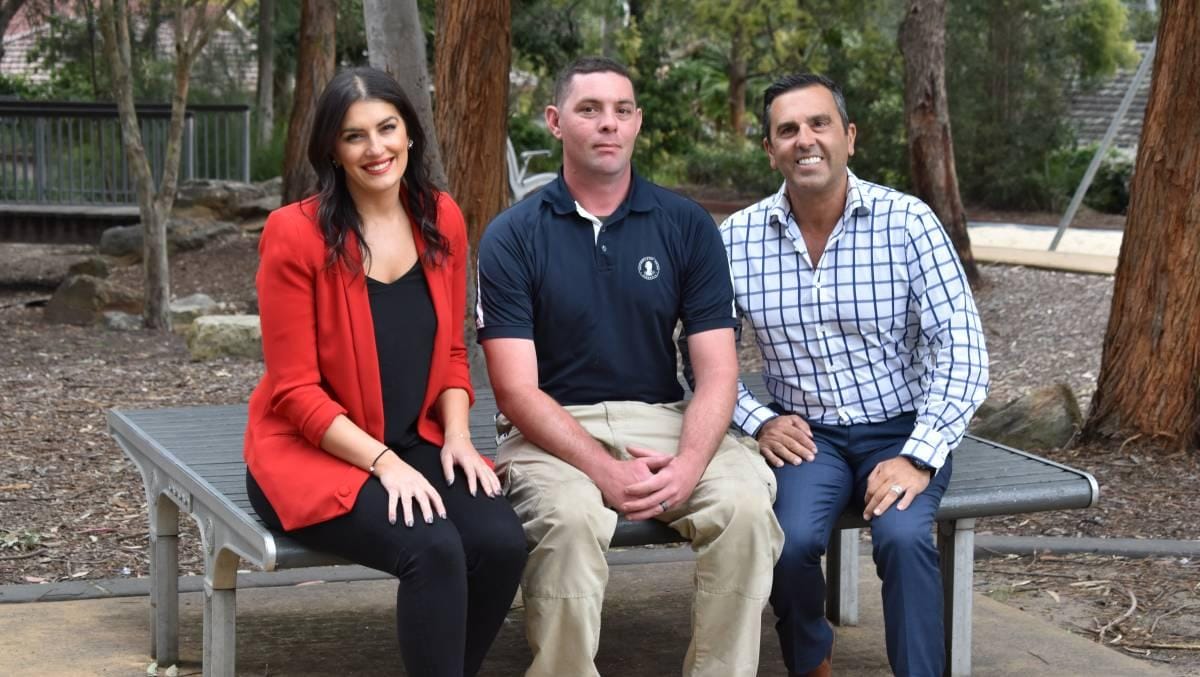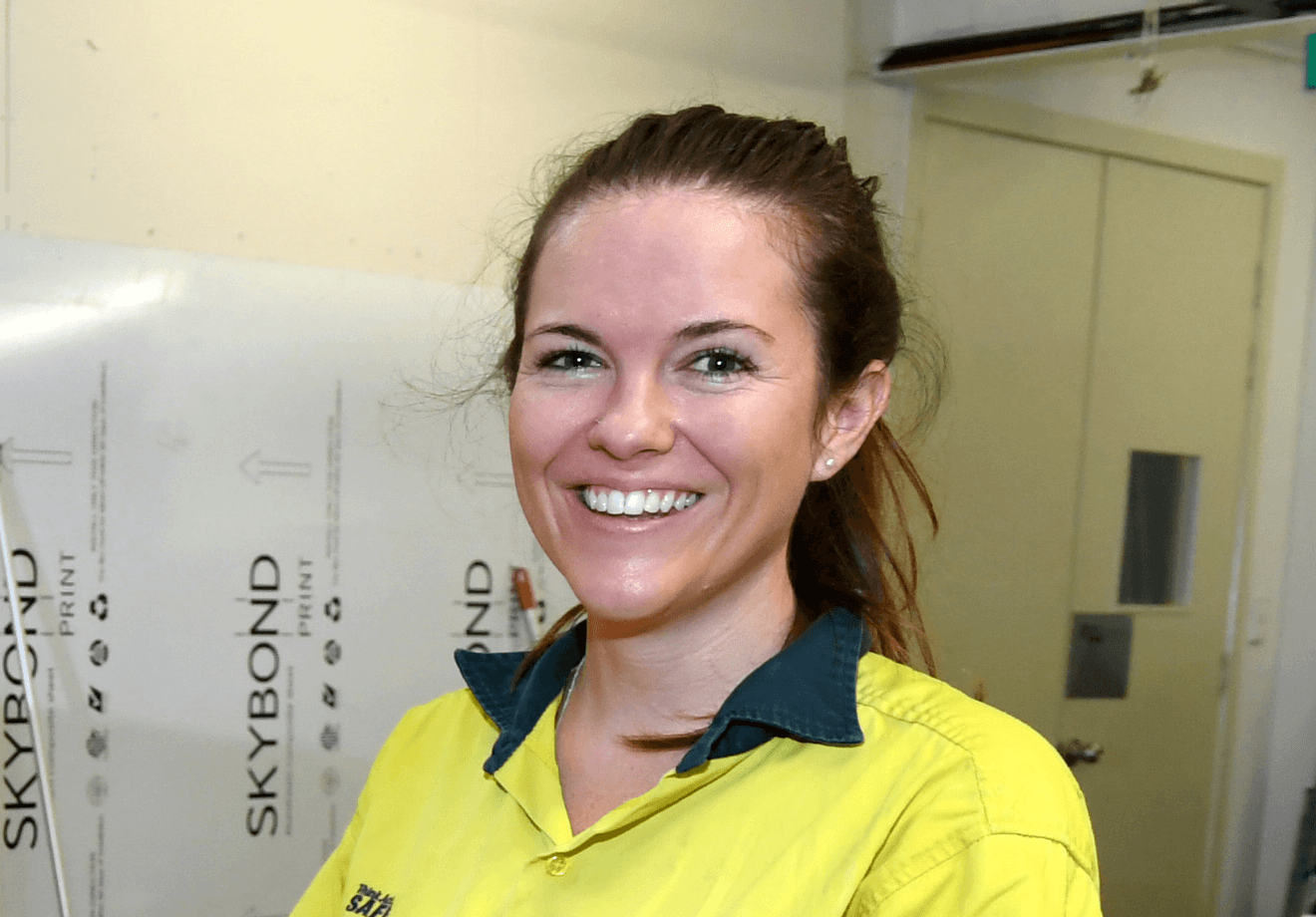
Careers at Council

An engineering and asset management career with Local Government is engaging and challenging.
Councils design, build and manage a vast number of assets across Australia. We’re continuously monitoring these assets to ensure they serve the community today, and are sustainable and adaptable for the future.

Types of roles:
Director Infrastructure Services
General Manager Operations
Team Leader Strategic Infrastructure Planning
Manager – Asset Strategy
Works Manager
Strategic Asset Management Officer/Coordinator
Asset Surveillance Officer
Project Manager Asset Information System
Asset Inspector/Works Inspector
Civil and Open Space Asset Strategist
Works Planner
Asset Maintenance Officer/Coordinator
What we do:
- Design and develop civil engineering projects
- Evaluate and report on the environmental implications of projects
- Determine construction methods, materials and quality standards
- Draft and interpret specifications, drawings, plans, construction methods and procedures
- Improve traffic flow and safety
- Provide new sporting facilities
- Design environmentally friendly recycling programs, manage rainwater runoff
- Manage the Council’s heavy vehicles fleet and light fleet
- Stores management, design spatial data storage systems
Read here why Victor enjoys working in Asset Management at council.
Qualifications
Many of these roles require engineering qualifications. Whilst Civil and Design engineers are most commonly sought, councils often require the skills of a wide range of engineers including:
- Civil Engineer
- Design Engineer
- Development Engineer
- Electrical Engineer
- Hydraulic Engineer
- Mechanical Engineer
- Structural Engineer
- Traffic Engineer
- Transport Asset Engineer
- Waste Engineer
- Environmental Engineer
- Water Engineer
- Drainage Engineer
- Cadet Engineer
Educational requirements will vary according to the role but a degree qualification in the relevant field of Engineering is usually required. Vocational education and training (VET) qualifications relevant for more junior asset management roles include:
- Diploma of Property Services (Asset and Facility Management)
Asset Construction and Maintenance
Our enormous number of roads, footpaths, bridges, cycle ways and buildings require construction and ongoing maintenance. While councils sometimes contract these services to private operators, they also employ specialist staff to carry out this work.
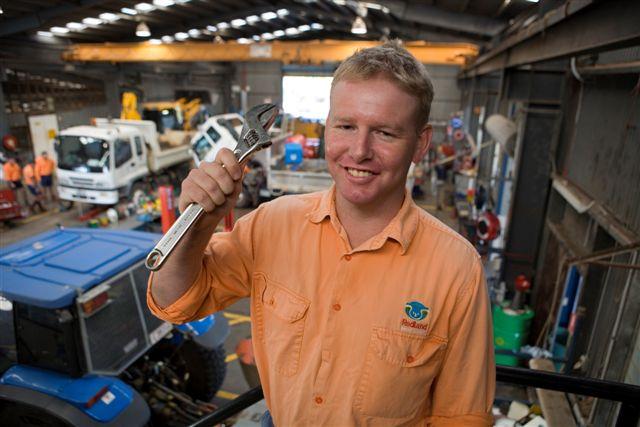
Types of roles (requiring trade qualifications):
Automotive Mechanic
Heavy Vehicle Mechanic
Engineering Fabrication
Mechanical Fitter
Carpenter
Concreter
Electrician
Painter/Decorator
Plumber/Drainer/Gas Fitter
Qualifications
Vocational education and training (VET) required will vary according to the role, but more typical trade qualifications sought by councils are:
- Certificate III in Civil Construction (Plant Operations)
- Certificate III in Civil Construction (Road Construction and Maintenance)
- Certificate III in Carpentry
- Certificate III in Electrotechnology Electrician
- Certificate III in Light Vehicle Mechanical Technology
- Certificate III in Heavy Commercial Vehicle Mechanical Technology
- Certificate III in Mobile Plant Technology
- Certificate III in Engineering – Fabrication
- Certificate III in Engineering – Mechanical
- Certificate III in Painting and Decorating
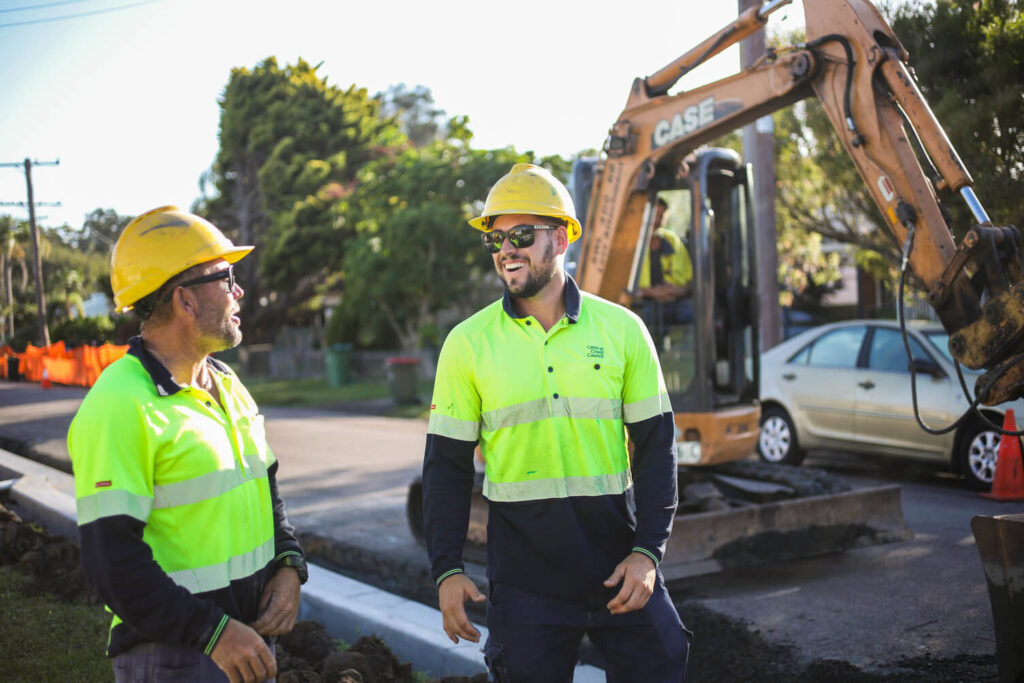
Types of non-trades roles:
Some of the roles listed below may require licenses or tickets for employment (e.g. Driver’s Licence, Work in Confined Spaces, Excavator Licence) but many don’t generally require a formal qualification.
Maintenance Worker
Plant Operator
Civil Works Labourer/Operator
Backhoe Operator/ Bob Cat Operator/ Excavator Operator
Truck Driver
Grader Driver
Qualifications
Educational requirements will vary according to the role but vocational education and training (VET) qualifications relevant for entry-level and operator level positions include:
- Certificate II, III, IV in Local Government
- Certificate II in Civil Construction
The Universities Admission Centre
For more information about university courses visit The Universities Admission Centre.
My Skills
For more information about VET courses and training providers visit My Skills.
Some current Engineering & Asset Management vacancies
Engineering & Asset Management People Stories
Working in Councils
The scale and diversity of work on offer in Local Government is impressive as is the direct and positive impact this work has on the communities we serve.

Is council right for you?
Local Government’s 189,000 employees have many different skills and backgrounds, but together they share certain values and attributes that enable them to succeed at Council.


